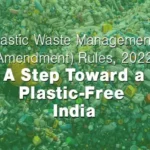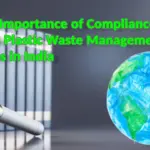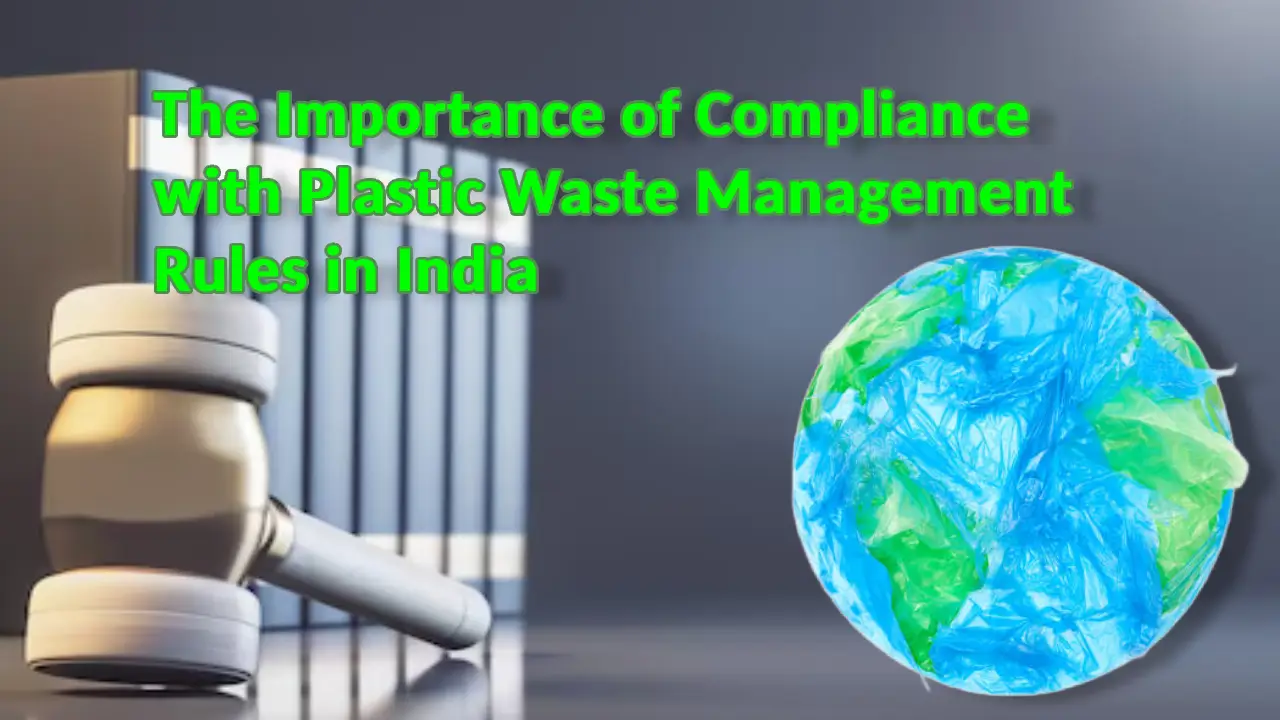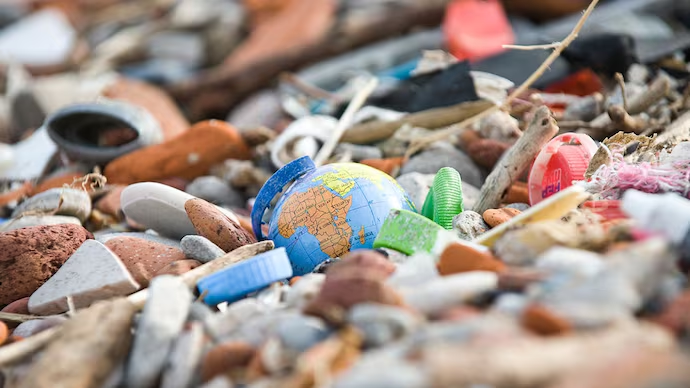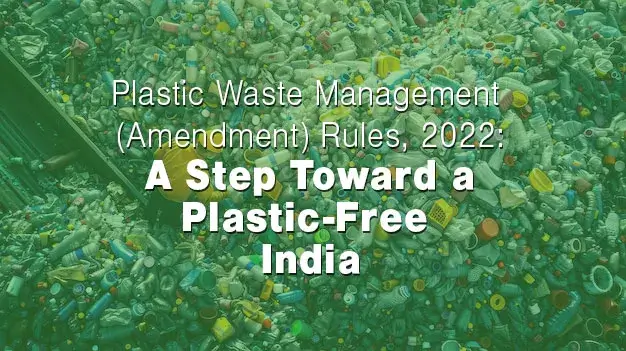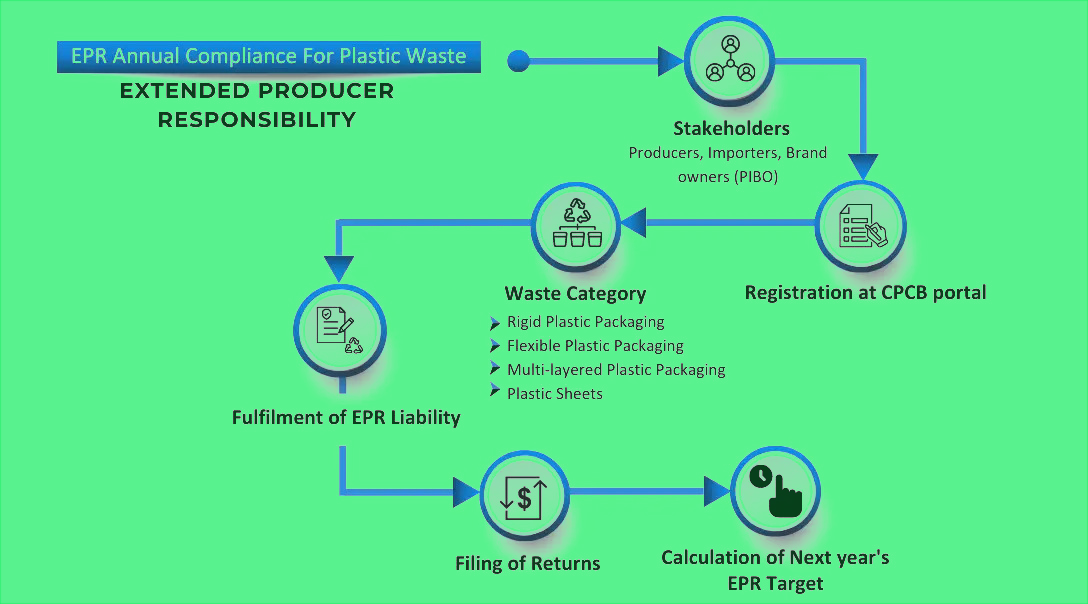India is at a critical juncture in its fight against waste mismanagement. With the country generating approximately 62 million tons of waste annually, of which only 20% is recycled, the need for systemic reform has never been more urgent. Enter Extended Producer Responsibility (EPR) – a policy framework that has the potential to transform India’s waste management ecosystem.
This policy not only makes manufacturers accountable for their products throughout the lifecycle but also opens avenues for Small and Medium Enterprises (SMEs) to play a pivotal role in sustainable waste management. SMEs account for 95% of India’s industrial units, making them indispensable to this change.
Let’s explore how EPR is shaping waste management in India, the challenges SMEs face, and the opportunities this policy unlocks.
What is EPR?
Extended Producer Responsibility (EPR) is a regulatory strategy that assigns producers the responsibility of managing their products post-consumer use. Here’s what it entails:
- Product Collection: Producers must create mechanisms to retrieve products after consumer use.
- Recycling Targets: In 2022, EPR introduced a mandate requiring 50% of plastic packaging waste to be recycled by 2024, scaling to 100% by 2029.
- Sustainable Design: Companies are incentivized to design products and packaging with recyclability in mind.
Globally, EPR has proven effective. For instance, the European Union boasts a 42% recycling rate for plastic packaging, compared to India’s less than 10%.
India’s EPR Timeline: Key Milestones
India’s journey with EPR began in 2011 under the Plastic Waste Management Rules. Since then, the framework has steadily evolved:
- 2016: Enhanced compliance measures introduced stricter penalties for non-adherence.
- 2018: Amendments expanded producer obligations, including state-level reporting.
- 2022: New EPR guidelines introduced waste collection targets and digital tracking systems.
- 2024 (Proposed): The Environment Protection (EPR for Packaging) Rules aim to achieve:
- 70% recycling/reuse rates by 2026-27
- 100% compliance by 2028-29
These regulations require Producers, Importers, and Brand Owners (PIBOs) to:
- Register on the centralized EPR portal.
- Submit annual action plans with waste collection strategies.
- Implement source segregation and reverse logistics systems.
The Role of SMEs in Waste Management
India’s SMEs generate over 40% of its manufacturing output, and their contribution to waste management is growing. Their agility and local connections make them ideal partners for implementing EPR initiatives.
Key Numbers on SME Contributions:
- 30% reduction in landfill waste in areas where SMEs run collection programs.
- 500+ jobs created for waste workers through SME-led segregation units.
- Daily recycling of 2 tons of plastic waste by Mumbai-based Green Solutions.
Success Stories:
- EcoTech Solutions, Chennai: Processes 5 tons of organic waste daily, generating electricity for 100 households.
- Bengaluru Waste Innovators: Tracks waste collection using RFID technology, achieving a 50% reduction in community waste leakage.
Challenges for SMEs in EPR Implementation
Despite their potential, SMEs face significant obstacles:
- Financial Barriers:
- Investment in waste management systems can range from ₹10-15 lakhs ($12,000-$18,000) annually for smaller SMEs.
- Limited access to green financing hampers infrastructure upgrades.
- Technical Challenges:
- Lack of recycling technology for complex materials like multi-layered plastics.
- Difficulty in tracking the lifecycle of products across supply chains.
- Market Resistance:
- Only 25% of consumers are willing to pay a premium for eco-friendly products, impacting SME revenue.
- Fragmented Infrastructure:
- Rural areas lack basic waste collection points, making compliance difficult.
Opportunities for SMEs: The Numbers Speak
EPR isn’t just a challenge—it’s an opportunity for SMEs to thrive:
- Revenue Growth:
- By establishing recycling units, SMEs can earn ₹1,500-2,000 ($18-$25) per ton of processed waste.
- Export of recycled products is a growing market, with global demand projected to reach $67 billion by 2030.
- Job Creation:
- A single SME recycling center can create 10-20 new jobs, promoting local employment.
- Brand Recognition:
- Businesses with green certifications report an 18% higher customer retention rate.
- Strategic Partnerships:
- Collaborations with urban local bodies provide access to grants and subsidies worth up to ₹25 lakhs ($30,000).
Technology: The Game Changer
Technology is revolutionizing waste management, offering SMEs scalable solutions:
- IoT Smart Bins: Reducing collection costs by 20-30% through optimized logistics.
- Blockchain for Transparency: Ensures traceability of waste, improving compliance and reducing penalties.
- AI-Powered Sorting Machines: Boost efficiency, processing 5 tons/hour compared to 2 tons/hour manually.
Startups like BinTrace are already using these technologies to track and process over 50,000 tons of waste annually.
Conclusion: A Call to Action for SMEs
India’s waste management future lies in the hands of businesses willing to embrace EPR. For SMEs, this is more than just a regulatory requirement—it’s a pathway to sustainable growth.
Actionable Steps for SMEs:
- Start small: Invest in local waste collection systems.
- Leverage partnerships: Collaborate with recyclers and government bodies.
- Adopt technology: Utilize digital tools for tracking and reporting waste.
- Showcase efforts: Build consumer trust through green certifications.
By actively participating in EPR, SMEs can generate ₹20,000 crores ($2.5 billion) in economic value by 2025 while contributing to a greener India.
The time to act is now. Together, we can transform waste management and build a sustainable future for generations to come.
